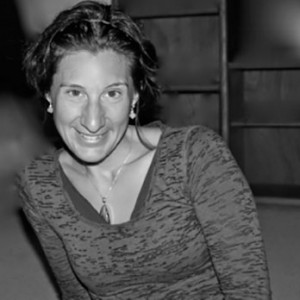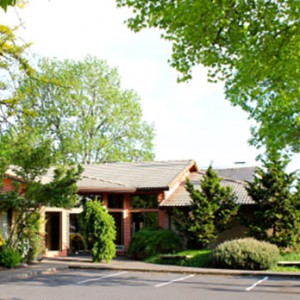Connecticut Poised to Expand Scope of Practice for Naturopathy

One of the things I strive to do with my blog is to look for ways naturopathic treatments are gaining traction in mainstream healthcare. Sometimes my research takes me down an unexpected avenue, which is the case for this blog post. I ran across a news story explaining that the state of Connecticut is now poised to expand the scope of practice for naturopathy in the Constitution State, a move that would most certainly help to promote naturopathy in the Northeast.
The article was written with the University of Bridgeport (UB) in mind. It turns out that UB’s College of Naturopathic Medicine is the only college in the Northeast to offer naturopathy as a major. It also turns out that the vast majority of graduates leave Connecticut for greener pastures in states that allow them a greater scope of practice. But that may be about to change.
The state legislature recently passed a bill that would allow naturopathic practitioners to write prescriptions, order x-rays and other tests, and offer certain kinds of care other states already allow. Officials and professors at UB have been working in concert with others for years to get this bill passed. Now that they have succeeded, they are just waiting for the governor’s signature.
Practice Commensurate with Training
Opposition to the bill was predictable and expected. Those who oppose the idea claim that naturopathic doctors do not have the training and experience necessary to qualify for an expanded scope of practice. But nothing could be further from the truth. Naturopathic doctors go through a very rigorous training program that more than prepares them to provide the kind of care they will soon be able to provide in Connecticut.
From my experience, what we see happening with naturopathy is very similar to what is going on with advanced practice nurses. For example, nearly every state in the union now either recognizes an expanded scope of practice for nurse practitioners or is currently in the process of implementing legislation to do so. Medical doctors and their boards oppose these actions on the premise that nurse practitioners are not qualified to provide primary care without direct supervision from a doctor. But the reality is that nurse practitioners go through a training program that is nearly identical to that of the average GP. The only difference is the amount of time they put into that training.
Naturopathic practitioners have never asked for the authority to practice beyond what their training covers. We are not looking to perform surgery; we are not looking to treat aggressive cancer; we’re not hoping to displace legitimate means of allopathic medicine appropriate to particular kinds of illnesses and injuries. We only ask that we are allowed to practice commensurate with the training we have received. That is what the Connecticut bill accomplishes.
We Hope for Brighter Days Ahead
As an accomplished naturopathic doctor myself, I join my colleagues in hoping for brighter days ahead for our profession. We believe naturopathy to be a legitimate form of medicine that deserves to take its rightful place in the American mainstream. Most of what we practice is actually not new; it is holistic medicine that has been practiced in some form for thousands of years.
Hopefully, the action in Connecticut will spur other states to follow suit. In the meantime, UB’s College of Naturopathic Medicine is looking forward to producing more graduates who will actually stay in the state of Connecticut in the future. That will be good for state residents who want an alternative to allopathic medicine.









